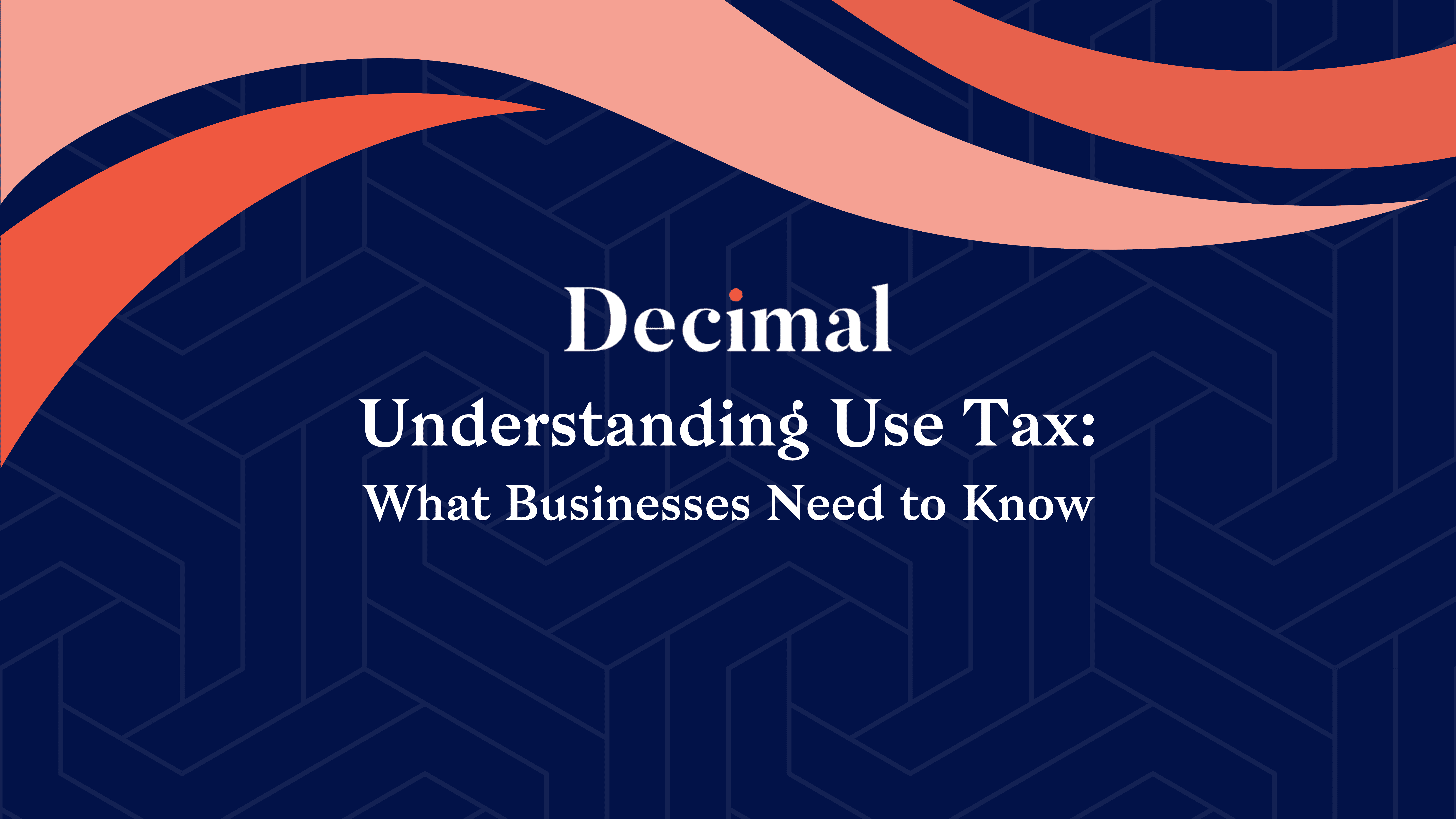Understanding Use Tax: What Businesses Need to Know
What Is Use Tax?
Use tax is a state-level tax imposed on the use, storage, or consumption of tangible personal property or taxable services when sales tax was not collected at the time of purchase. It complements sales tax and helps states collect revenue on taxable purchases made outside their jurisdiction.
Common scenarios where use tax may apply include:
- Purchasing goods from an out-of-state vendor that does not collect your state’s sales tax
- Buying from online retailers that do not charge sales tax
- Using inventory or promotional materials previously purchased tax-free
- Transferring goods between business locations in different states
Businesses are responsible for self-assessing and remitting use tax when these situations arise.
Why Use Tax Matters for Businesses
State tax authorities have increased enforcement of use tax compliance in recent years, particularly in response to the rise in e-commerce and remote purchasing. Businesses that overlook use tax obligations may face audits and back-tax assessments.
Use tax is not optional. If a vendor fails to collect the correct sales tax, the burden shifts to the buyer. Businesses must track taxable purchases and calculate use tax based on the rate in the jurisdiction where the item is used.
For companies with frequent interstate transactions or purchases from exempt vendors, use tax can represent a significant compliance area.
How to Identify Use Tax Obligations
To determine whether use tax applies, review your purchase transactions and ask the following:
- Was sales tax collected at the time of purchase?
- Was the vendor located in another state or country?
- Is the item or service taxable in your state?
- Will the item be used, stored, or consumed in a taxable manner?
If the answer points toward a taxable use without proper sales tax collected, then use tax likely applies. Documentation of each transaction—including invoices, payment records, and shipping information—supports accurate reporting.
Common Examples of Taxable Transactions
Use tax often arises in the following scenarios:
- Equipment or office supplies purchased online without tax
- Software licenses or cloud-based tools from out-of-state providers
- Marketing materials shipped into a state for local use
- Promotional giveaways or samples that were previously tax-exempt
- Trade show purchases made in a state where the vendor does not collect tax
Tracking and categorizing these types of expenses ensures your business doesn’t miss use tax obligations.
How to Calculate and Remit Use Tax
Use tax is calculated based on the purchase price of the taxable item or service, using the applicable state and local tax rate where the item is used. Businesses typically report and remit use tax through:
- State sales and use tax returns
- A separate use tax return (in some jurisdictions)
- Integrated reporting tools within their accounting system
Timely filing is critical to avoid interest and penalties. Businesses should include use tax compliance in their regular monthly or quarterly closing processes.
Best Practices for Use Tax Compliance
Implementing a proactive approach to use tax reduces risk and improves accuracy. Consider the following best practices:
- Train your accounts payable team to flag purchases that may require use tax
- Automate tax coding in your accounting software to identify taxable transactions
- Maintain detailed records of tax-exempt purchases and resale certificates
- Reconcile vendor invoices against tax reporting obligations
- Review use tax liabilities regularly, especially during audit preparation
Having a consistent process in place ensures that use tax is not overlooked in day-to-day operations.
Conclusion
Use tax compliance is an essential, yet often misunderstood, component of state tax responsibilities. Businesses that ignore use tax exposure risk financial penalties and disruptions. By understanding how and when use tax applies, and by integrating compliance into your accounting processes, you can stay ahead of audits and maintain financial integrity.
If you’re looking for expert guidance to simplify your tax filing process, schedule a time with a Decimal expert at https://www.decimal.com/contact-us
Getting started in days.
Ready to simplify your accounting? Schedule a call with our team and explore your options. We’d love to hear from you!

